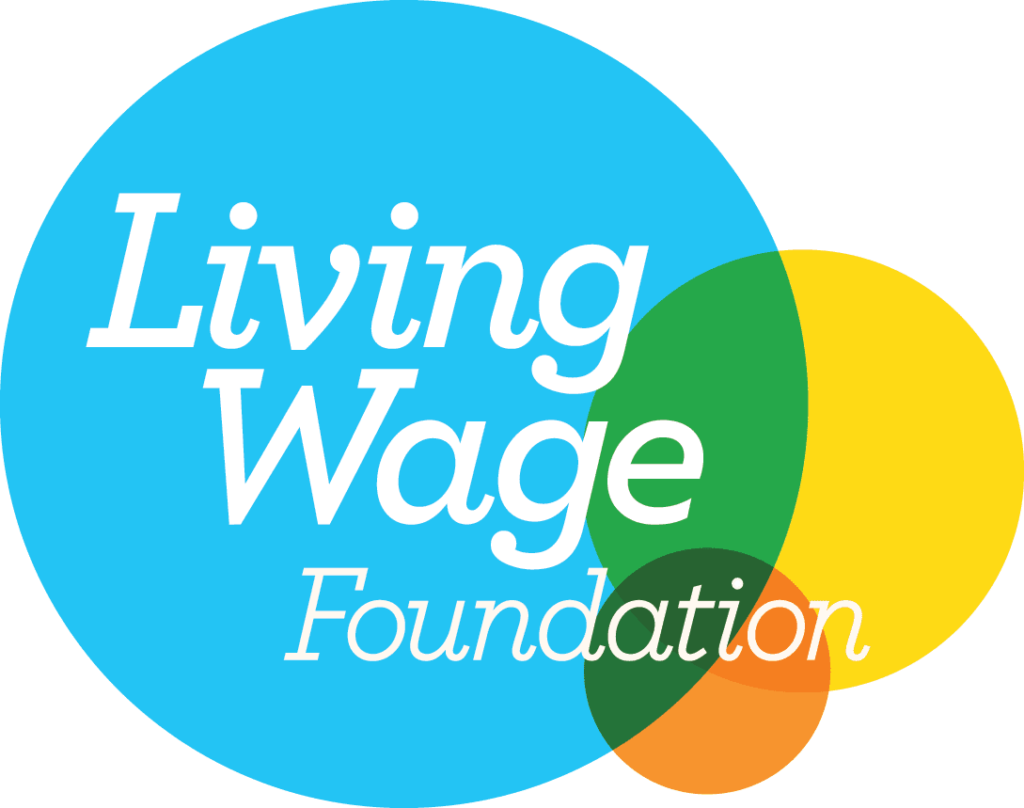World Press Freedom Day is an opportunity to recognise media across the world that are silenced by states. It is also a great reminder for those of us living in countries with press protections that we must continue to fight to maintain those liberties. In the last decade, over 554 journalists have been killed globally for pursuing truth or discussing topics their governments deem to be out of line.
Recently, we have seen powerful political leaders, discrediting the press as ‘fake news’. It is more important than ever that we recognise the significance of the media.
A state void of press freedom
Growing up, I spent the best part of six years living under the dictatorship regime of Yahya Jammeh – the now ousted leader of The Gambia.
The country had only one state run TV channel with most radio stations also under the government’s control. Media that wasn’t under the dictator’s ownership could never speak up against, paint the president or his administration in a negative light as they had no protections under the law. The journalists that did speak up were either imprisoned, attacked, or mysteriously disappeared.
The people’s understanding of what was going on in the country all came from one mouthpiece -the President. Sure, cable TV, and internet access was available for purchase, however, because it was so expensive it was and is only consumed by the rich. Lack of media protections means that access to information in many countries around the world is never equitable. Poorer people have no choice but to consume propaganda.
Maintaining a liberated press
Luckily, in the UK, we have journalist protections which are fundamental to a functioning democratic society. The British newspapers and magazines are regulated by the Independent Press Standards Organisation which seeks to uphold the highest standards of journalism ethics.
That is not to say that the British press is not fighting against legislation that would restrict their reporting. Section 40 of the Crime and Courts Act 2013, is argued by politicians and leaders as one that needs to be enacted. This law would mean that publishers would have to pay both sides’ legal cost regardless if they won or lost.
If Section 40 to ever become law, it would easily take many small newspapers out of business. It is incumbent on us, ‘we the people’, to pay attention to proposals like this, as they could have profound effects on the freedoms we enjoy today.
Regulation is needed
That is not to say any press regulation is inherently a bad thing. Legal restrictions on court reporting are critical in protecting children and other vulnerable members of society. Journalists rely on confidential sources a lot of the time. Which is a protected right in most democratic countries.
In the US, however, if an anonymous source violated a law in order to get the confidential information to the media, then the journalist could be subpoenaed and required to name the informant. This is where the issue gets very grey. Because although the First Amendment in the US prohibits congress from restricting the rights of the press to speak freely, the Supreme Court has the power to relax or tighten the legal freedoms of the country’s citizens.
Our responsibility
A free press impacts lot of sectors and industries. Public relations is one of them. The PR industry, of which I am a part, works closely with journalists to deliver news stories while maintaining the highest ethical and journalistic standards. PR professionals, therefore, have a vested interest in protecting press rights.
As a PR community, it is especially important that we participate in our democracy to guarantee that the rights to free speech are never restricted. It is indeed every citizen’s duty to do so.
“Our liberty depends on the freedom of the press, and that cannot be limited without being lost” – Thomas Jefferson (1786).










